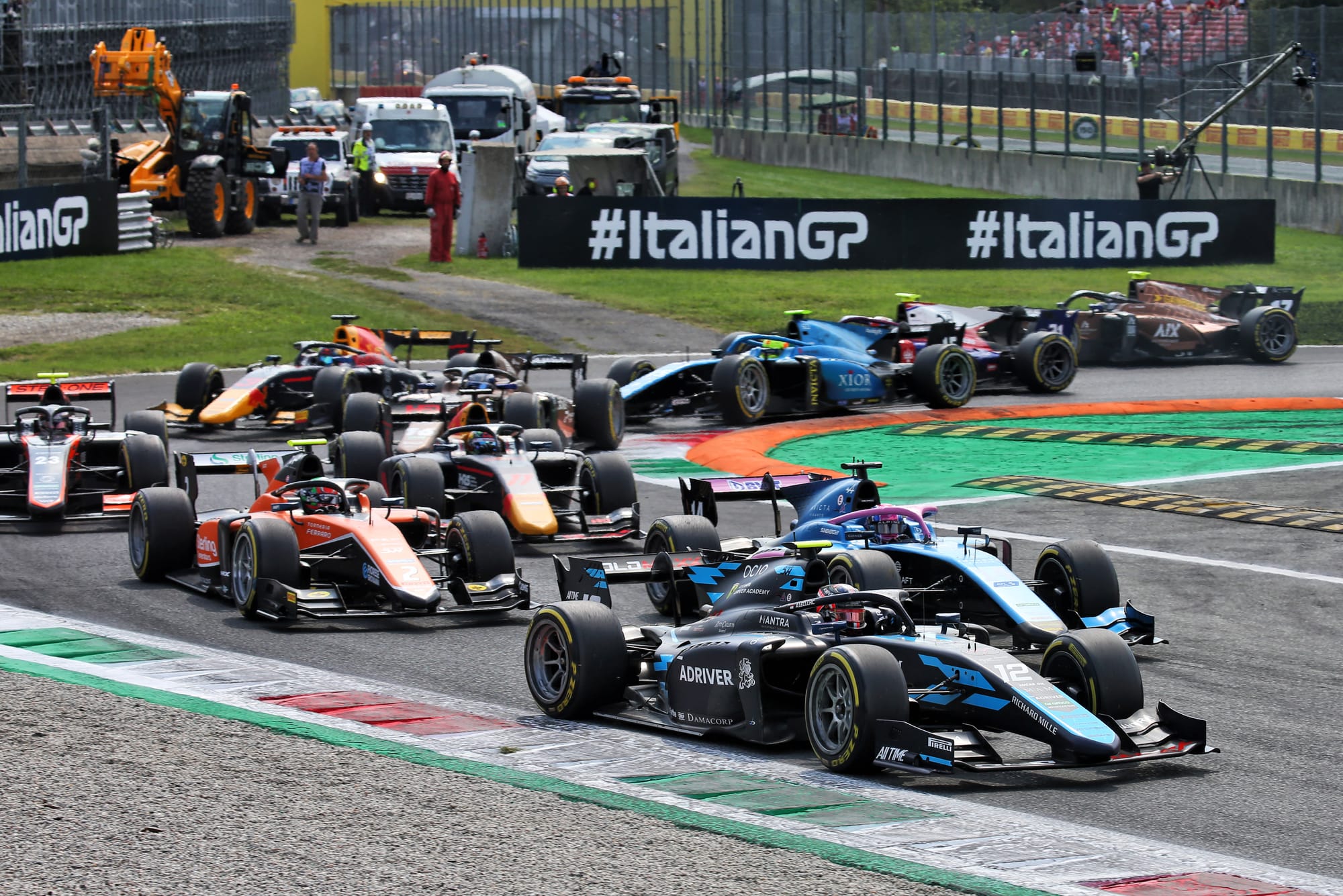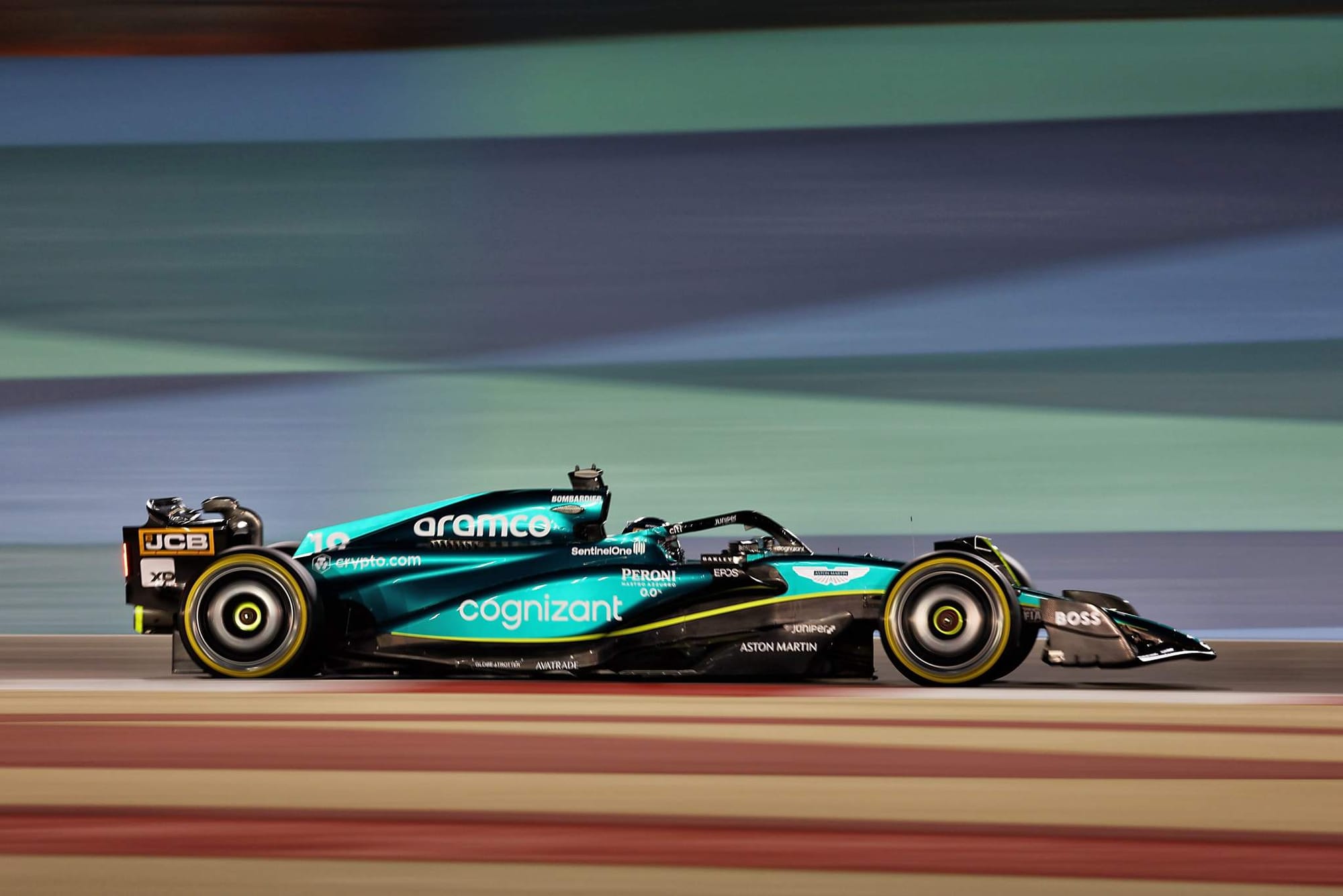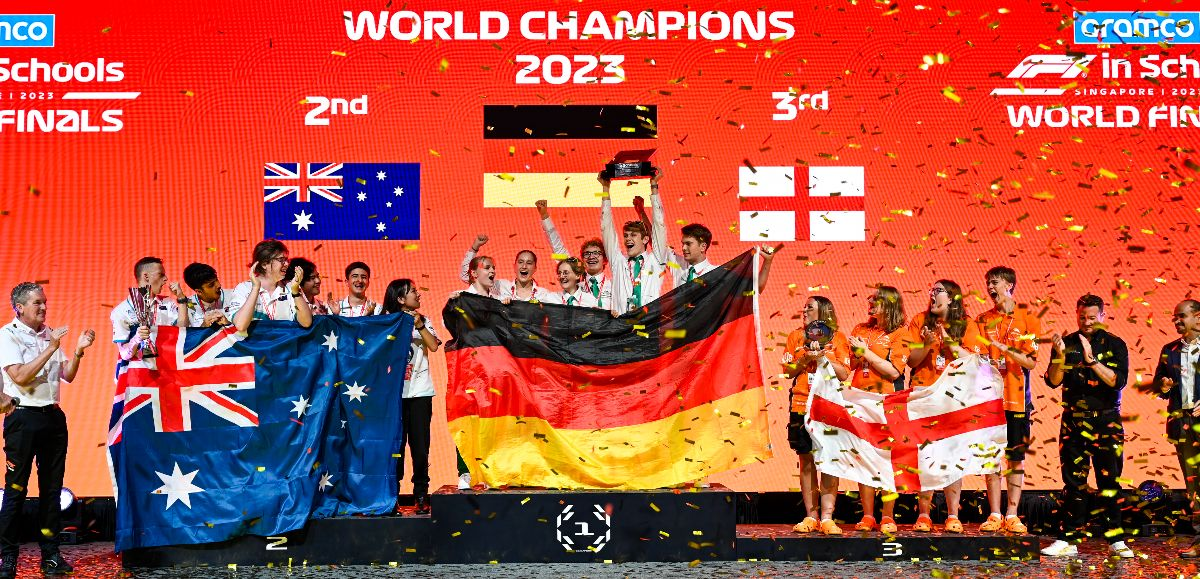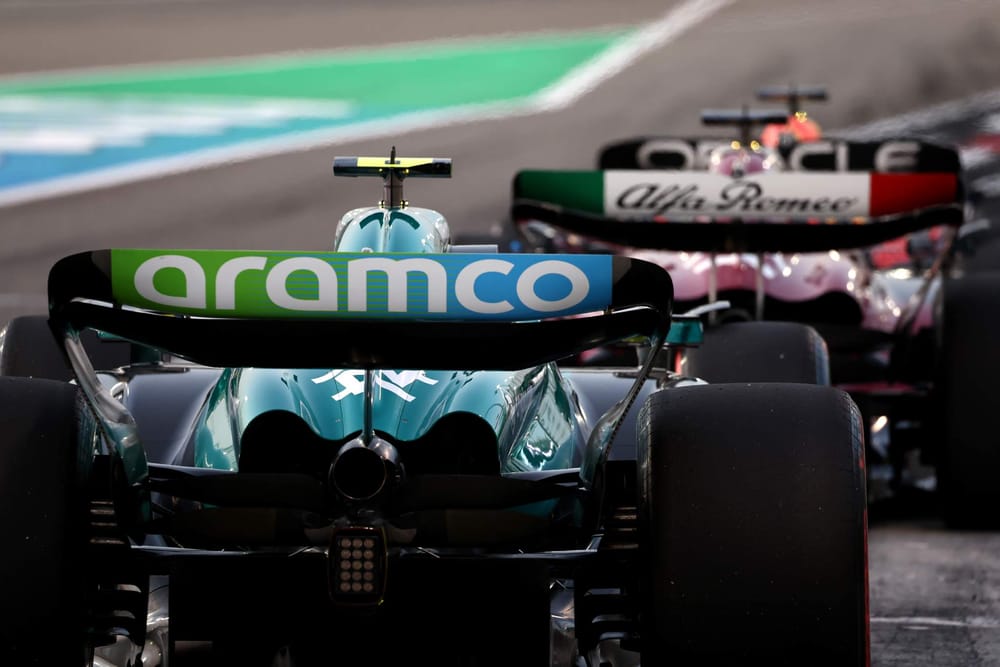As a Formula 1 global partner and strategic partner of the Aston Martin F1 team, Aramco has quickly become a very familiar name to motorsport fans, and the fuel development projects it has under way could potentially make a major contribution to the future of racing amid the global focus on emissions reduction.
From the 2023 season, Aramco partnered with Formula 2 and Formula 3 to support providing lower-carbon fuels to F1’s primary feeder series. As the sole fuel supplier to the championships, Aramco introduced fuel blends that are more sustainable than conventional fuels and aims to develop fuels that are 100% sustainable by 2026.
The use of lower-carbon fuels in F2 and F3 is part of Aramco’s wider development of ‘drop-in’ fuel technologies which in the future could be rolled out to the existing worldwide automotive fleet, a change with the potential to support reducing global transport emissions.

Aramco’s collaboration with Formula 1 aims to support sustainable drop-in fuels becoming a factor in a lower-emission future.
It is also planning to contribute to the long-term future of a very different branch of motorsport to F1: historic and vintage racing.
Aramco’s advanced fuel was successfully trialled in two vintage cars at each of the Goodwood Revival and Le Mans Classic events in 2022. This paved the way for an increase in the fuel’s use across the 2023 Le Mans Classic entry.
The fact the fuel could be used successfully in iconic cars from the past shows the potential for how transferable Aramco's technology can be. Low-carbon fuels have the potential to make historic racing more sustainable in the future.
As demand for lower-carbon fuels across the whole energy sector increases, it may be met with appropriate new infrastructure. In late 2025 Aramco’s new advanced synthetic sustainable fuel demonstration plant in NEOM in the Kingdom of Saudi Arabia is expected to be operational, and it’s this plant that will create the fuel supply for F2 and F3. Built in partnership with ENOWA, its target is to produce up to 1500 tonnes per year of advanced synthetic gasoline.

Aramco has also partnered with Spanish energy company Repsol to build an advanced synthetic fuels demonstration plant in Bilbao in Spain, which is planned to be operational by the final part of 2025. The facility is planned to produce up to 2100 tonnes per year of synthetic diesel and aviation fuels that are more sustainable than conventional fuel.
Both of these synthetic fuels demonstration projects utilise H2 produced from renewable energy and captured carbon dioxide.
Innovation or technical advance often requires talented and ambitious minds to create and develop it. With an eye on the future, Aramco is committed to supporting Science, Technology, Engineering and Mathematics (STEM) education growth and provides an opportunity for students to develop and realise their potential. Part of that is its long-term partnership with the F1 in Schools initiative, a global education programme that provides young people with a taste of the skills and ideas involved in F1 design and technology. Aramco has also built technology-based classrooms and conducted STEM summer schools to help foster the next generation of engineering talent.

In addition to its R&D work on lower-carbon fuels, Aramco has invested in the premium branded lubricants market space. The global arm of American oils and lubricant company Valvoline – known to motorsport fans for its deep history of championship success and the iconic liveries of its cars in American racing in particular – was acquired by Aramco earlier this year. And Aramco has brought the Valvoline brand into F1 too, as it began a new strategic partnership with the Aston Martin Aramco Cognizant Formula 1 team from the 2023 British Grand Prix.
Aramco may still be a relatively new name to motorsport fans, but the impact its products and innovations have already made on the racing scene could prove to be game-changing.



